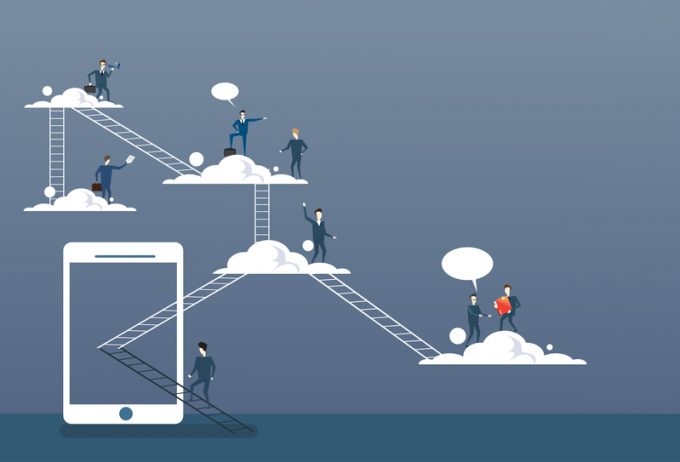Lack of respect will dash carrier hopes of forwarding success
Shippers remain sceptical over the long-term future of ocean liners’ foray into freight forwarding, questioning ...

3PLs that collaborate with shippers on data will boost efficiency and see longer-lasting relationships with their customers.
“Logistics is still a people business, and personal relationships are important,” said Lorenzo Fornaroli, senior director global logistics strategy and operations at Huawei.
“But there is much easier access to ...
Keep our news independent, by supporting The Loadstar
Four crew members still missing as Wan Hai 503 continues to burn
Explosions and 'out-of-control' fire reported on Wan Hai box ship
Carrier price hikes hold, driving spot rates higher as space gets scarcer
Crew forced to abandon ship in latest fire on vessel carrying EVs
The Loadstar Podcast | Transport Logistic and Air Cargo Europe 2025
Transpacific rates ease as capacity boost proves too much for trades to digest
Turkish Airlines falls foul of air safety regulations, claims India's aviation authority

Comment on this article